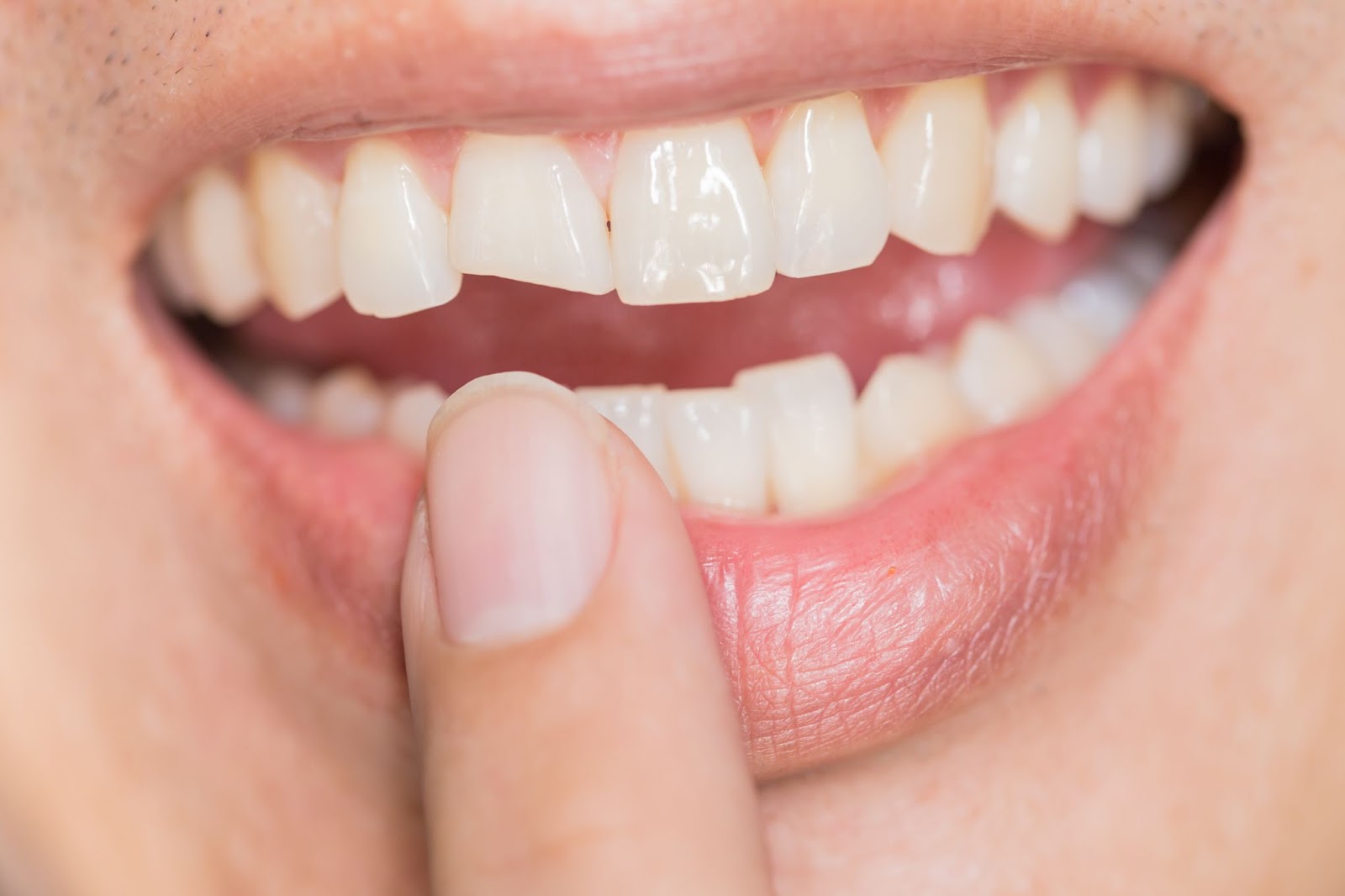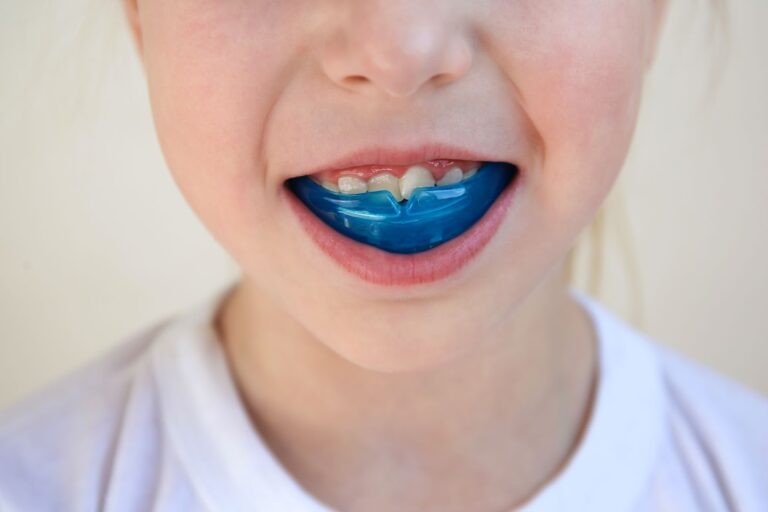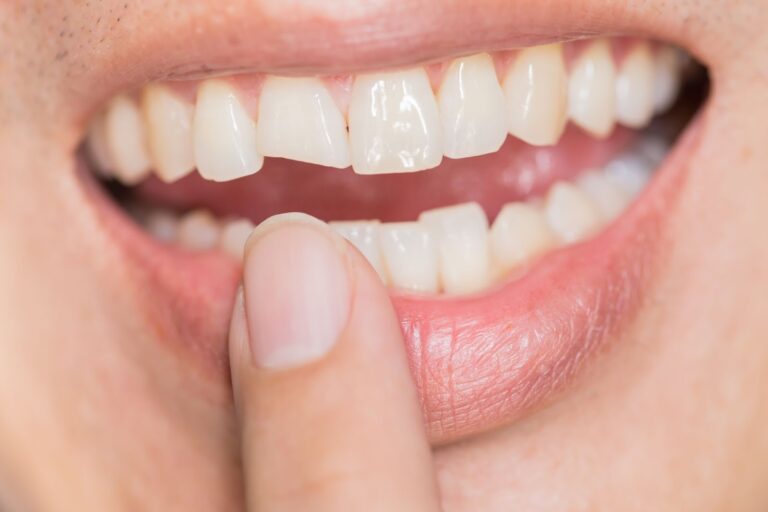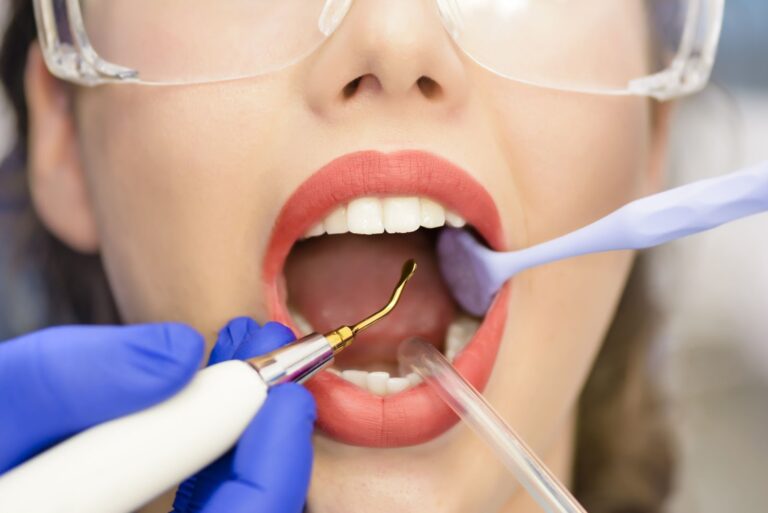Unfortunately, dental emergencies can occur at any time. They can be uncomfortable and sometimes even cause pain; addressing them as soon as possible is crucial to avoid the situation getting worse.
So, what are common dental emergencies?
Some common dental emergencies include:
- Severe toothache: Severe toothache is one of the most typical symptoms of an existing dental problem like infection or decay that has affected the tooth’s nerve. A toothache is not necessarily an emergency, but if you are experiencing severe pain that does not go away even after taking pain medication, you should consult a dentist as soon as possible.
- Broken or cracked tooth: A chipped or cracked tooth may result from an accident, biting forces, or an underlying dental problem. When a small portion of the tooth is chipped or the fracture reaches the pulp, it can enhance the likelihood of an infection. Sometimes, it is best to visit a dentist as soon as possible to help avoid the need for more complicated and expensive dental treatment
- Knocked-out tooth: A tooth that has been displaced due to an injury should be attended to as soon as possible. Since the possibility of reimplanting a tooth is reduced after the first half an hour, you can save your tooth with immediate help from a dentist. Immediate treatment is also required for teeth that have been dislodged, pushed into the gums, or knocked out completely. In these cases please call the practice instead if booking an appointment online so our team are able to see to your needs as quickly as possible
- Abscessed tooth: An abscessed tooth is a severe condition characterised by an infection at the root of a tooth or in between the gum and the tooth. The signs and symptoms of an abscessed tooth include severe pain, swelling, fever, or bad taste. Since an infected tooth can spread the infection to the adjacent tooth and other parts of the body, such problems should be treated as soon as possible.
- Lost filling or crown: Although a missing filling or crown is not considered a dental emergency, it can cause pain and leaves the tooth vulnerable to other problems. Sometimes, prompt treatment can save the tooth and prevent other complications from arising in the future.
- Soft tissue injuries: Injuries to the soft tissue of the mouth, including the tongue, cheeks, gums, or lips, may cause bleeding and pain. Some small injuries may take 2-3 days to heal, but deep injuries require medical intervention to stop blood loss and avoid infections.
- Facial Swelling: Facial swelling in the lower face is typically a sign of an abscess or infection in the gums or tooth, which can spread to the cheek and even become life-threatening if not promptly addressed. An emergency oral surgeon may need to drain the swelling, prescribe antibiotics, remove a tooth, or initiate root canal treatment to save the tooth and prevent further complications.
What are the causes of dental emergencies?

- Playing sports, especially without a mouthguard, car accidents, slip-and-fall cases, and more can lead to dental injuries requiring immediate dental care.
- Apart from this, a chipped tooth caused by eating something hard can lead to cracks in the tooth, which may require an emergency dentist.
- An infection in the gums or roots of the tooth should also be treated immediately.
What to do in an overnight dental emergency?
The first thing you should do when you experience an overnight dental emergency is call your dentist or book online. At Sandgate Family Dental, we offer emergency dentistry services to provide prompt care when you need it most. So you can book your dental appointment online with us at any time. We will always try to provide you with the necessary treatment on the same day.
However, you can follow the following tips until you see your dentist:
- Rinse your mouth with warm water.
- If you would like you can take an over-the-counter pain reliever in case of severe pain. However, never place aspirin directly on your gums and make sure you let your dentist know about any medications you have taken.
- Broken braces can poke into your cheek or tongue, causing bleeding sometimes, rinse your mouth with cold water to stop bleeding and see your dentist or orthodontist ASAP.
- If something is stuck between teeth, try to gently remove it using dental floss.
- In case of minor soft tissue injury, rinse your mouth with a saltwater solution or antibacterial mouthwash.
How to prevent dental emergencies?
- Brush and floss your teeth regularly to maintain good oral hygiene.
- Wear protective mouthguards while participating in contact sports
- Prioritise regular dental checkups
- If you notice any signs of dental issues, schedule an appointment with your dentist.
The bottom line
Dental emergencies can be uncomfortable and very inconvenient, but with the right dental treatment, they can often be addressed quickly. When you notice or identify symptoms you may consider a dental emergency, you can act immediately, and consult your local dentist as soon as possible.
If you practice proper oral hygiene, visit your dentist for regular checks and cleans, and take the correct precautions, then you will minimise the chances of experiencing dental emergencies and ensure your teeth and gums remain healthy.
In the case of a dental emergency, it’s important not to panic or ignore symptoms, and contact your dentist about your dental emergency for more advice.
At Sandgate Family Dental, we have a team of highly skilled dentists who can help you address your dental issues immediately in an emergency.
So, what are you waiting for? Get in touch with us today!





